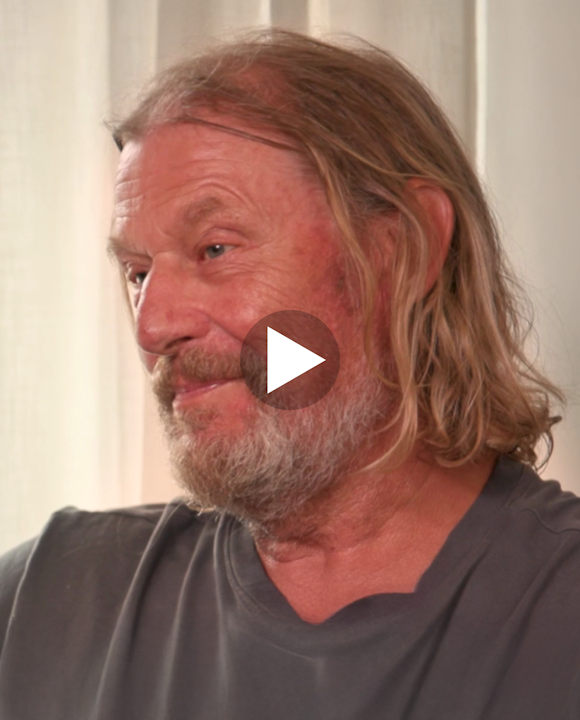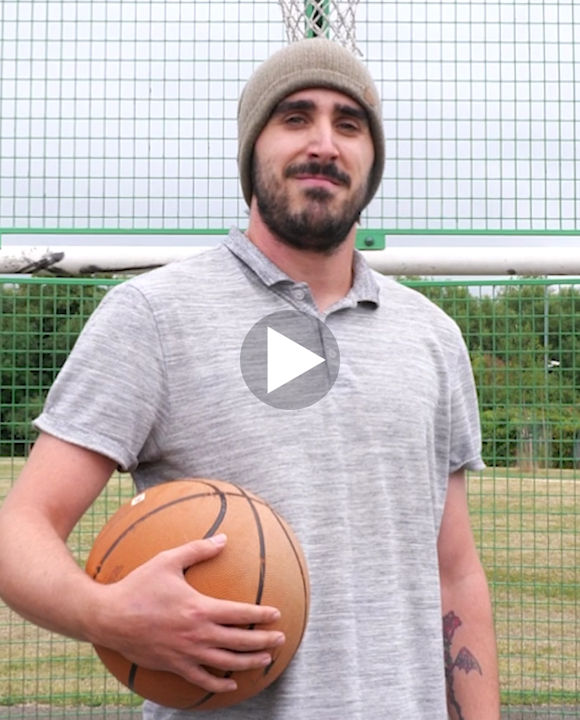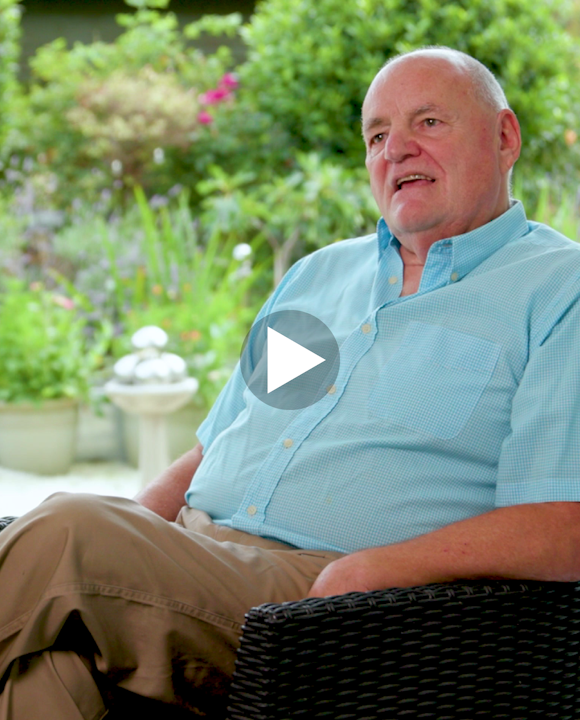Plant-based, alternative movement disorders treatment
Movement disorders, like essential tremors, Parkinson’s disease, dystonia, and Huntington’s disease affect the speed, fluidity, and ease of movement, and often cause patients to encounter abnormal or involuntary movements. Because movement disorders affect motor function, recently in the UK plant-based alternative treatments have emerged as a new available treatment option for some of those struggling to manage their symptoms with conventional options. Movement disorder natural treatment plans are tailored to the individual at Releaf, and may be able to help relieve sleep concerns, bradykinesia, resting tremors and pain.
14
Different types of movement disorder according to the American Association of Neurological Surgeons, and they can affect all ages.
1 in 37
People at some point in their life are affected by Parkinson's disease. Every 2 hours someone else in the UK is diagnosed with it.
82%
Of patients with Tourette syndrome reported a reduction or complete remission of motor and vocal tics in a small scale survey.
Over ⅔
of UK adults would consider plant-based treatments if their doctor recommended them, according to representative research.
Symptoms
Disjointed or jerky movements
Fatigue
Issues with coordination
Poor balance
Poor mental health
Tremors or tics
If you are suffering from any of these symptoms. Please speak with your GP to find out more.
Treatment options:
Because there are a vast range of movement disorders, there are also a variety of treatment options conventionally recommended by the NHS used to manage movement disorder symptoms. This can include occupational, physical or speech therapies, and different kinds of prescribed medications such as anti-muscarinic drugs, monoamine depleting drugs and antipsychotics.
Orphenadrine hydrochloride
Procyclidine hydrochloride
Promazine hydrochloride
Tetrabenazine
Trihexyphenidyl hydrochloride
Find out if you may be eligible for natural, alternative movement disorder treatments here
Am I eligible?Join our growing community of over 150,000 people
Whether you’re new to cannabis-based medicines, switching from another medical cannabis clinic, or self-medicating, we’ll put you back in control of your health.
A word from our specialist
"Neurological conditions are many and varied in how they can affect us. The more recognised conditions that are treatable with medical cannabis include epilepsy, where CBD mimics the action of the many anti-epileptic drugs; and multiple sclerosis, which the NHS can prescribe Sativex for. Medical Cannabis offers greater flexibility in the delivery of cannabinoid therapy for these conditions and hope in other areas of neurology, such as in the neurodegenerative conditions and the motor disorders."

Dr Sue Clenton
Medical Director
Find out if you may be eligible for natural, alternative movement disorder treatments here
Am I eligible?Can natural, alternative therapies benefit movement disorders?
Because there are many different conditions grouped into the movement disorder classification, it is hard to make a sweeping statement about whether plant-based therapies may be able to benefit patients with movement disorders.
However, it is known that upon entering the body, certain natural chemical compounds can enter the endocannabinoid system. Amongst being responsible for many other bodily functions and responses, the endocannabinoid system is closely linked with motor function.
People with movement disorders typically have ‘imbalances’ in their endocannabinoid system’s functionality when it comes to regulating these motor responses, and it's believed that certain plant-based chemicals can target these imbalances and attempt to restore function, or improve their responses naturally.
For example, real-life evidence shows plant-based products have had promising results when combatting tremors, and therefore could hold potential for patients with conditions like Parkinson’s and Huntington’s disease. Other reports suggest these natural treatments may also relieve the frequency or severity of tics, which could be helpful for patients with Tourette syndrome.
Alternative, plant-based movement disorder treatments will not be suitable for everyone, but they may be able to offer relief to those who have been unable to find success with the options that are conventionally licensed for their condition.

































